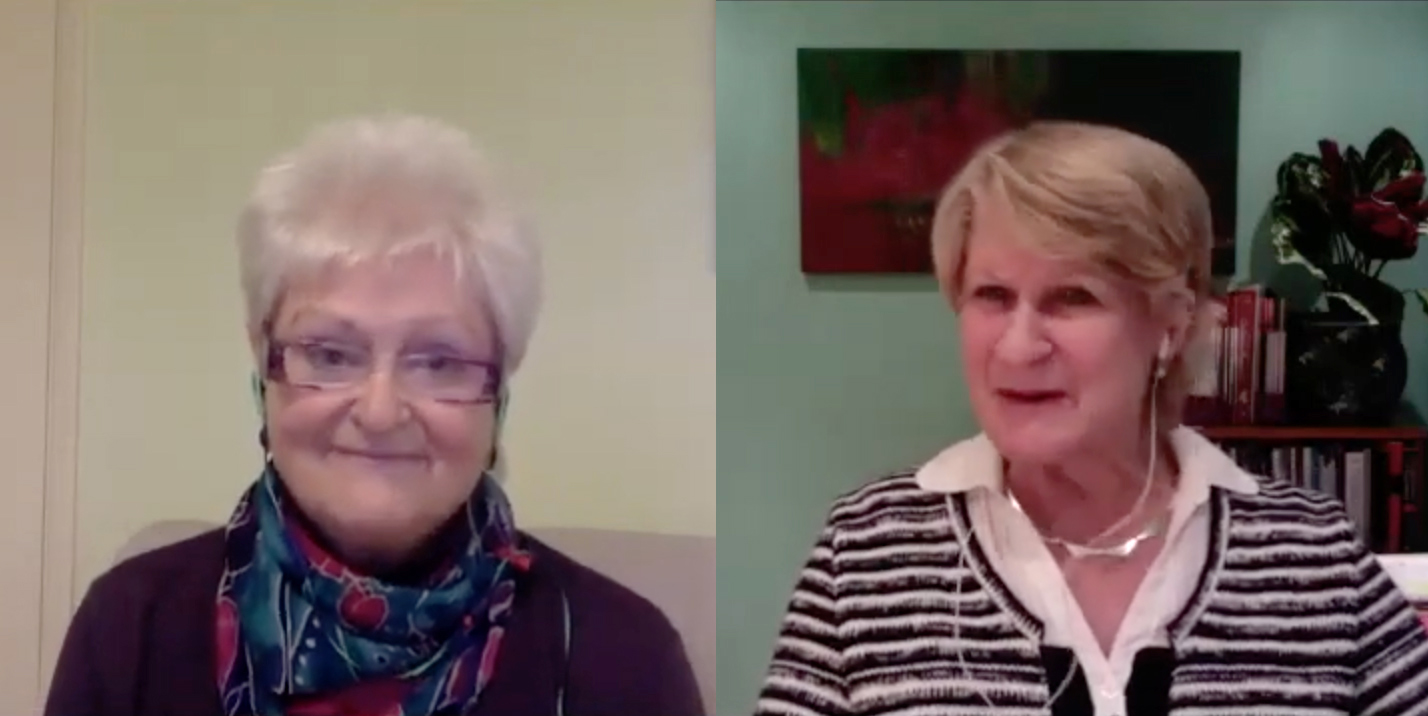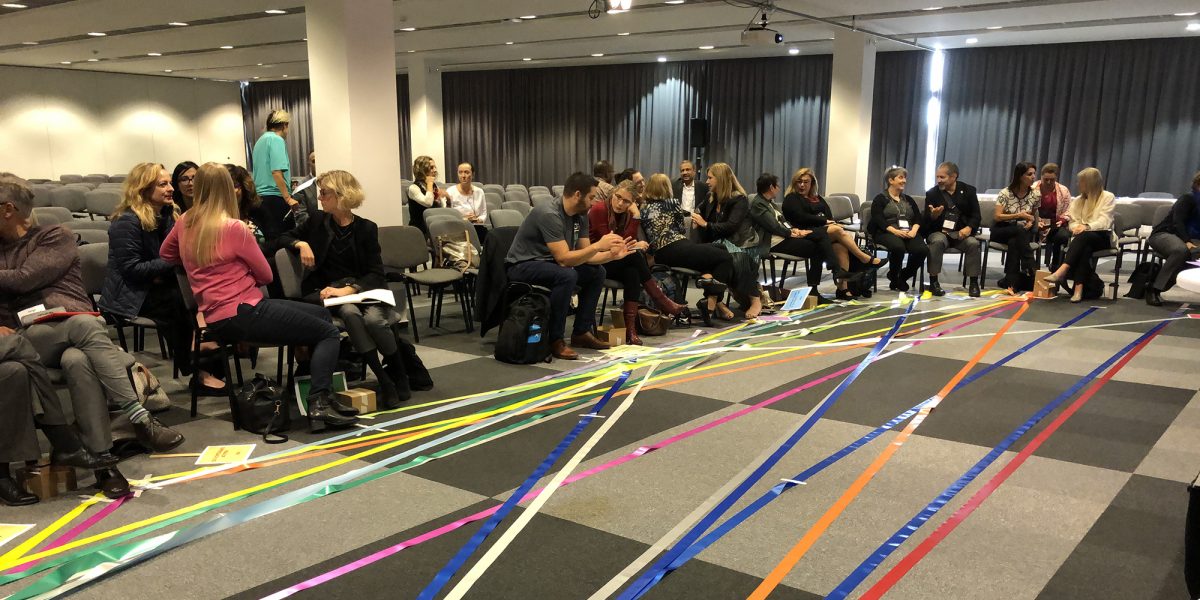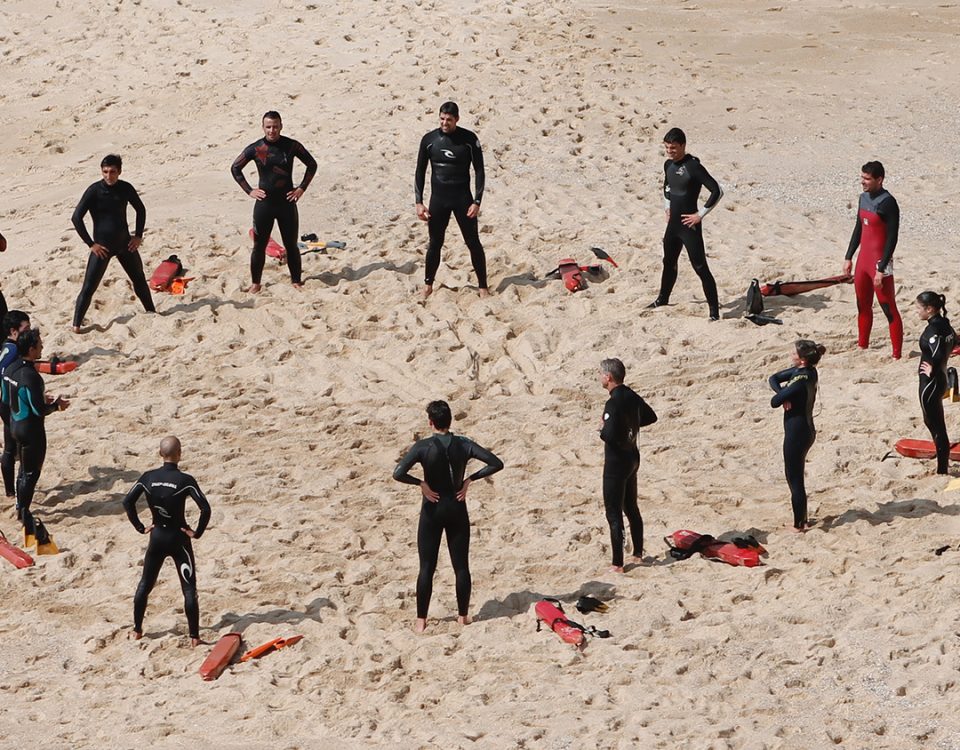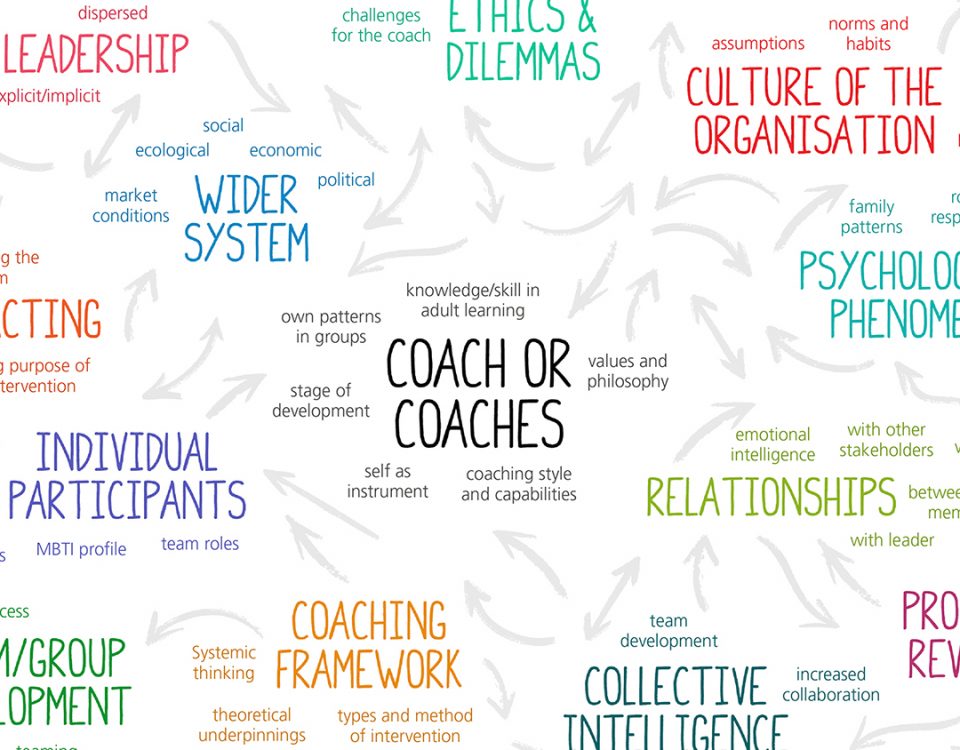
Taking supervision into the great outdoors (video)
5th October 2019
A deeper way of being with your client (video)
14th November 2019When the client says, ‘do it our way’

What did I learn from leading a workshop on multi-stakeholder contracting at the ICF Converge 2019 conference in Prague recently?
The workshop (pictured above) was an experiential session, working with a complex case study. It explored how the client-coach relationship is created alongside many other interconnected relationships, including HR, line management, coaching and consultancy sponsors, and coaching supervisor. How do coaches negotiate these diverse connections to ensure they manage the expectations of everyone as transparently and ethically as possible?
At a conference, we can never fully anticipate the diverse range of experience of the participants. At my workshop, some really important questions were asked which were based on the culture of the participants, not only geographical, but also corporate. One of them was: How do we engage in multi-stakeholder contracting in an organisation which in effect says, ‘You’re the supplier, we expect you to deliver, don’t ask too many questions, just come and do it our way’? When the organisation behaves in that way, the relationship is a long way from being collaborative or co-creative.
As we talked through that question during the session, it was maybe too easy for a number of us to say that organisations such as this need educating. It quickly became clear that this was a difficult issue for many coaches in different parts of the world. In cases such as these, the collective wisdom is that coaches need to bring their skill and experience to initiate and manage a wider conversation about organisational change, the part that coaching plays, and how engaging several stakeholders is likely to generate more lasting, positive results. If the organisation won’t engage in that dialogue, we need to address the coach’s question: ‘Can I afford to walk away?’
After this conversation, I reflected on what insights it raised for me as a supervisor. It made me think again about how often coaches work in situations which are less than optimal. At what point might we say: ‘This isn’t going to work’? And when do we say: ‘It’s not going to be as good as it could be, but let’s go for it and give our best’?




